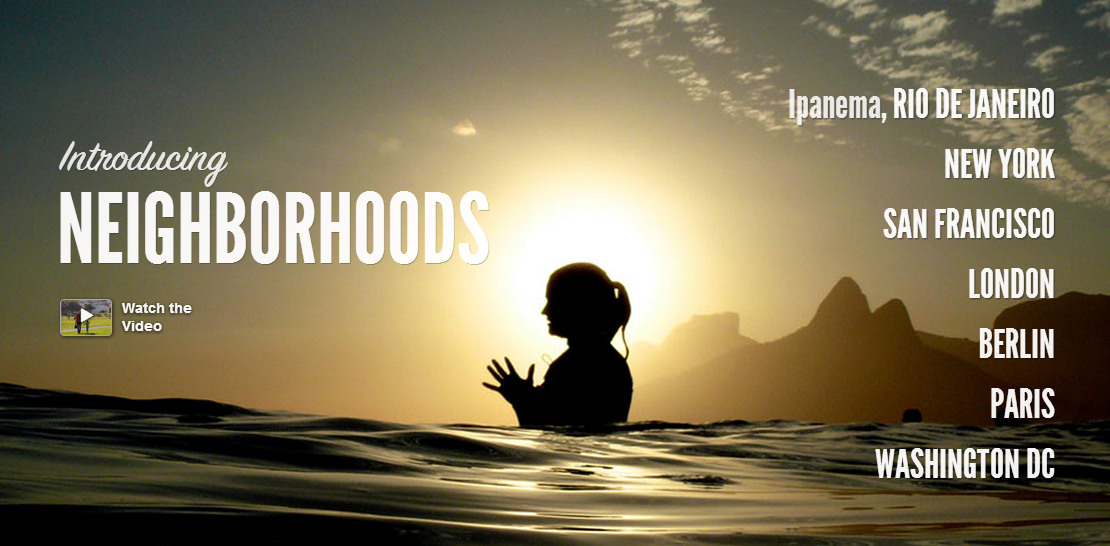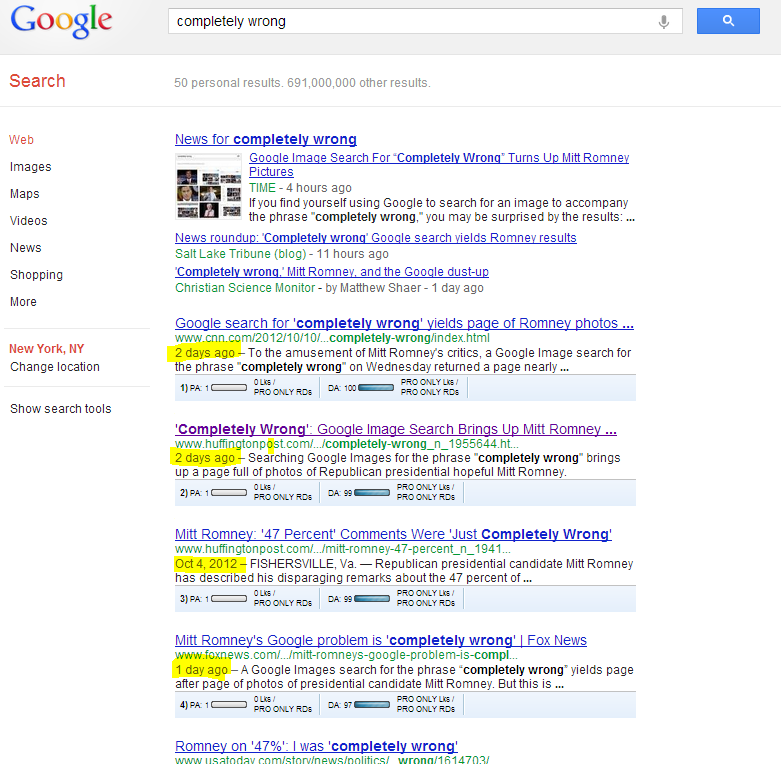Do The Work, or Quit Blogging
You just read a click-bait title. I apologize for that.
Before you run away, dear valued reader (see what I did there?), here’s my thesis:
A person should not blog or publish on the Internet (not all publishers are bloggers) if they are blogging to fulfill a perceived “need”. If they are doing it for reputation, links, or anything else, blogging is a wasted effort. Blogging or publishing works when you do it because you cannot help but write and publish.
Barry Adams recently wrote a post on State of Search entitled Can The SEO Industry Embrace Longform Content? Read more about Do The Work, or Quit Blogging …






